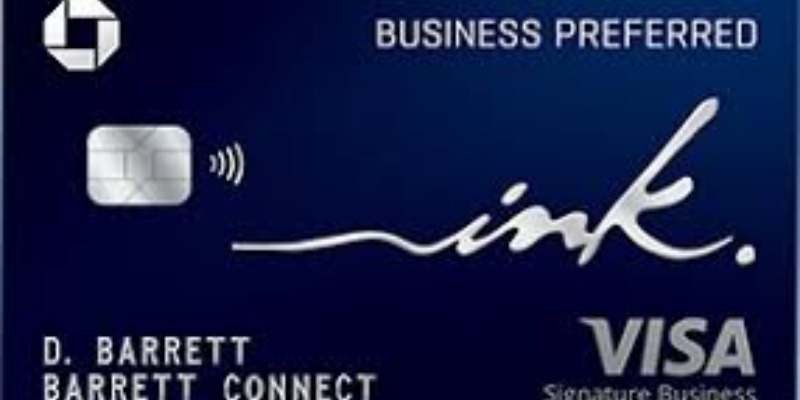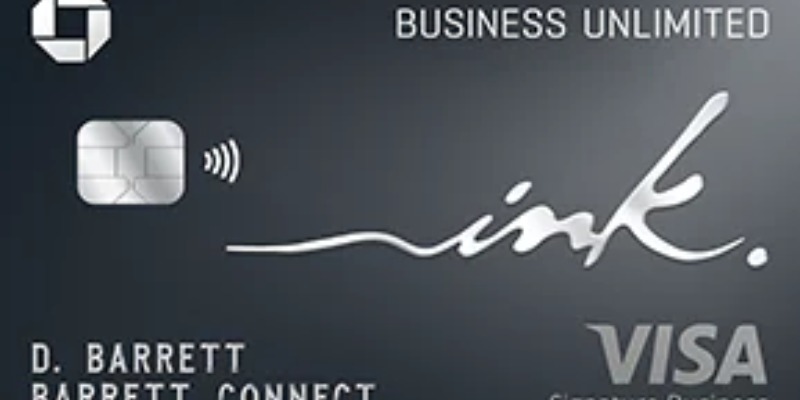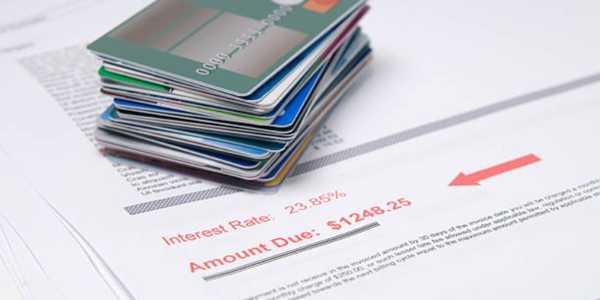General Finance
A Complete Guide To Business Credit Cards For Freelancers
If you're a freelancer, having a business credit card can be a game-changer. It helps keep your money organized, makes it easier to track expenses, and can even help you earn rewards. Whether you’re a graphic designer, a writer, a photographer, or anything in between, the right business credit card can help you grow. Here’s everything freelancers need to know about business credit cards — in simple words and short sentences.
If you're a freelancer, having a business credit card can be a game-changer. It helps keep your money organized, makes it easier to track expenses, and can even help you earn rewards. Whether you’re a graphic designer, a writer, a photographer, or anything in between, the right business credit card can help you grow. Here’s everything freelancers need to know about business credit cards — in simple words and short sentences.
What Is a Business Credit Card?
A business credit card functions similarly to a personal credit card. But it's only for your business spending. It helps you separate your personal and work money. This makes tax time easier and cleaner.

You can use it to buy supplies, pay for software, or cover travel costs. Even if you’re a one-person business, you can still get a business credit card. Being a freelancer counts as being a business.
Why Freelancers Should Use a Business Credit Card
1. Keeps Expenses Separate
Mixing personal and business money can get messy. A business card helps you draw a clear line. This is important for taxes and bookkeeping.
2. Builds Business Credit
Just like individuals have credit scores, businesses can also have credit. Using a business card effectively helps build your credit score. A good score can help you get loans or better terms later.
3. Helps With Cash Flow
Sometimes, clients pay late. A credit card can help cover things while you wait. It acts as a short-term backup plan.
4. Earns Rewards and Perks
Many cards give points, cash back, or travel miles. Some offer extras, such as travel insurance, phone protection, or discounts. This means more value from things you were going to buy anyway.
What To Look For In a Business Credit Card
1. Low Fees
Some cards have yearly fees. Some don't. Some charge for late payments or going over the limit. Look for a card that has low or no fees, especially when you're just starting.
2. Good Rewards
Consider what the card offers in return. Some provide more points for office supplies. Others give cash back on gas or internet bills. Pick a card that matches what you spend money on most.
3. High Credit Limit
If you frequently make large purchases, such as camera gear or computers, you'll want a higher credit limit. It helps you avoid maxing out your card.
4. Easy Tools and Reports
Some cards provide spending reports or categorize your expenses for you. These tools can help you see where your money goes. Some cards also work well with tax software.
5. No Personal Guarantee (If Possible)
Most business cards ask you to promise to pay if the business can't. This is called a personal guarantee. Some cards don't require this, but they may be more challenging to obtain. If you're new, you might not have a choice.

Top Types Of Business Credit Cards
There are many types of cards. Each fits different needs. Here are a few popular ones for freelancers:
1. Cash Back Cards
These cards give you money back for every dollar you spend. They are valuable and straightforward. Some offer more cash back in specific categories, such as office supplies or phone services.
2. Travel Rewards Cards
If you travel for work, these cards are great. They offer miles or points that can be used for flights, hotels, or car rentals. Some also provide travel insurance or free checked bags.
3. Low Interest or 0% APR Cards
These cards help if you need time to pay. Some offer 0% interest for the first few months. This gives you Breathing room when cash is tight.
4. Store or Brand Cards
These cards are tied to certain stores. If you frequently shop at that store, you earn more rewards. They're suitable for people who always shop in the same place.
Who Can Get a Business Credit Card?
Many freelancers think they can’t get a business card. But they can. Even if you don’t have an office or staff, you are still a business.
You need a few things:
A name (can be your name)
A Social Security Number (SSN) or Employer Identification Number (EIN)
A type of business (sole proprietor is fine)
An estimate of how much money you make
If you've just started freelancing, that's okay. Many credit card companies also consider your credit.
How To Use Your Business Credit Card The Smart Way
1. Pay On Time
Late payments hurt your credit. Set reminders or auto-pay to avoid late fees.
2. Keep Balances Low
Using too much of your credit can hurt your score. Try to use less than 30% of your limit.
3. Only Use It for Work
Avoid using your business card for personal purchases. It defeats the purpose of having a business card.
4. Check Your Statements
Look at your monthly bill. Ensure that all charges are accurate. It helps you catch fraud early.
5. Use the Rewards
Don’t let your points or miles go to waste. Use them for travel, gifts, or bill credits.

Common Mistakes To Avoid
1. Picking the Wrong Card
Not all cards are suitable for freelancers. Some are better for big companies. Read the fine print before applying.
2. Forgetting the Fees
Some cards offer nice rewards but come with high fees. If you don't spend much, the cost may not be worth it.
3. Missing Payments
Even one missed payment can cause problems. It can harm your credit and result in additional charges.
4. Mixing Business and Personal Money
It might seem more manageable, but it causes problems later. Keep things separate from the start.
5. Applying for Too Many Cards
Each application can slightly lower your credit score. Please select one or two strong cards and stick with them.
What To Do If You Get Rejected
Sometimes, a card company says no. Don't worry. You have options.
Check your credit: You may need to improve your score first.
Use a personal card for now: Just be careful to keep track of business expenses.
Try a secured business card: These require a deposit but can help build your credit.
Wait and try again later: After a few months of solid income, your chances improve.
Business Credit Cards Can Help Freelancers Grow
Using a business credit card the right way can make life as a freelancer easier. It helps with money flow, keeps spending organized, and may also offer rewards. There's no one-size-fits-all card, but with the right choice, it can be a helpful tool for managing a freelance career.
Trending








